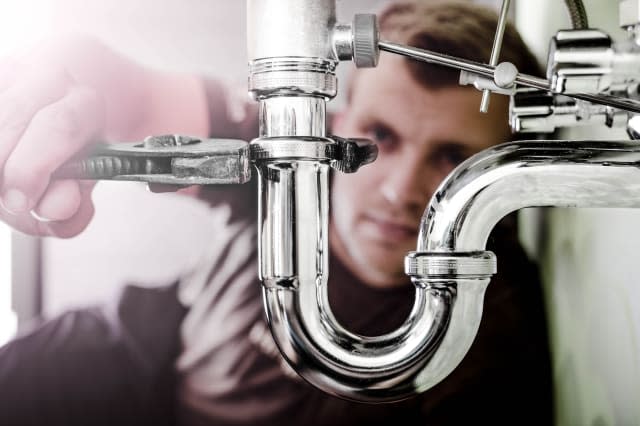Why you may have to wait weeks for an emergency plumber

When your plumbing plays up, you often have to act fast to prevent damage to your home and to ensure your family has access to heating and hot water.
But industry insiders are warning that the UK is in danger of running so low on plumbers that even emergency callouts could soon take up to three weeks in some parts of the country.
See also: Renovating? Should you add value or do what makes you happy?
See also: Ten home maintenance myths
Jonathan Ratcliffe of heating and boiler specialists Warm.co.uk said: "Plumbing is a profession that is being neglected when it comes to attracting and training new workers.
"Unless we urgently address this problem, we're looking at a crisis, with terrible waiting times even for emergency work, as well as hugely inflated prices for those who have the money, leaving those who don't in an even worse situation."
What's the solution?
Warm.co.uk believes we need a government-led plan of action to ensure more people take up plumbing as a career, with incentives for school-leavers to go straight into apprenticeships and training for the profession.
The company points out that plumbing is relatively well paid: the average salary is £23,000, while some plumbers earn close to £40,000.
It believes the government could use this to entice young people into the profession and head off a real crisis.
Tips on how to find a good plumber:
1. Ask your friends
There's nothing like a personal recommendation. So ask friends and family members for recommendations of plumbers working in the local area.
2. Consult local tradesmen
If you have had a good experience with a local tradesman such as a builder or an electrician, it is worth contacting them to find out who they would recommend to do your plumbing work.
3. Get at least two quotes
The only way to ensure you are not paying over the odds for a job is to get at least two, ideally three, quotes from different companies. It might take a bit longer, but it could save you a lot of money.
4. Choose a WaterSafe plumber
WaterSafe is a free online directory and accreditation body for qualified plumbers. Its members sign up to a Code of Conduct, which means you can complain to WaterSafe if you are unhappy with their work.
5. Use an established company
If you are using a plumber for the first time, it makes sense to check how long the company has been in business and that it has a registered address.
Other things to check include whether it has any online reviews, and whether it offers a guarantee for the work carried out.
If you follow this guide then hopefully not only will you get the work done, but for a reasonable price too!




